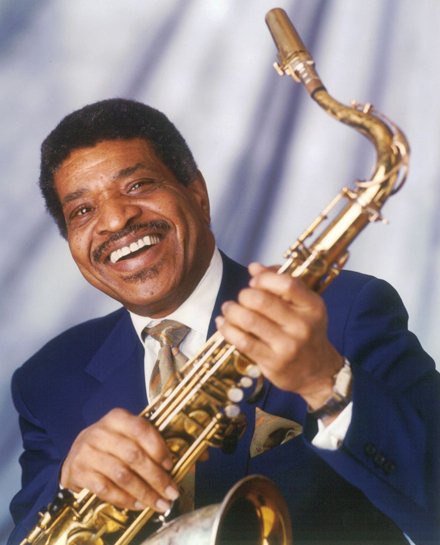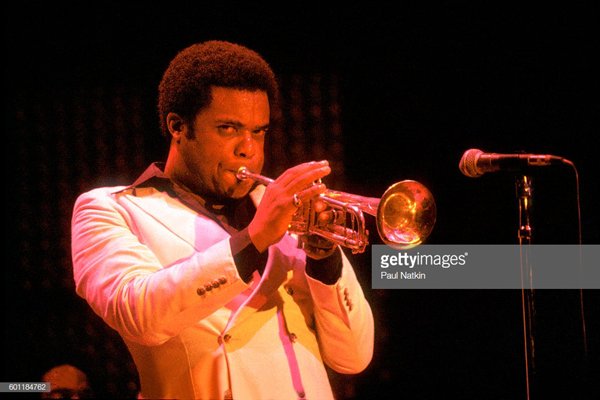George Coleman (tenor sax), Freddie Hubbard (trumpet), Herbie Hancock (piano), Ron Carter (bass) and Tony Williams (drums). From the album Maiden Voyage (1965).
The title of this theme is a phrase that comes from Charles Darwin’s theory of evolution as an alternative explanation of natural selection. It refers to the competition for survival of one species over another. The phrase “survival of the fittest” doesn’t describe the strongest and most aggressive, but the one that best adapts to the demands of the environment.

In this case, the word “fittest” points to individuals who succeed in producing offspring in the next generation. That is, those whose genetic characteristics give them an advantage in their competition with their peers are more likely to produce offspring, so that in the future they will dominate the population. The first to use this phrase was Herbert Spencer, who established similarities between his own economic theories and the Darwin’s biological ones.

This is an avant-garde theme in which Hancock, Williams and Carter enter swiftly and successively, and then Coleman and Hubbard. Then they leave Williams alone playing without order nor preconceived ideas, and all of a sudden the whole group begins to play giving way to Hubbard’s solo, composed of intense and stimulating phrases with little relation between them and without obedience to any harmony. Hubbard and Hancock are left alone for a moment and then the band explodes into a thousand pieces. After that, you can only hear Williams’s drumrolls that turn into a brief furious solo. After the group reappears, they play a riff and Coleman begins a speech more understandable with walking, but also tries to get out of the established while Hancock encourages him to do so with strange notes and chords below. Then the group comes back causing chaos and Hancock begins to play in an enigmatic and incoherent manner accompanied by Williams. His sentences are meaningless and sound random until they stop. Then Williams relieves himself with the drums and Hubbard ends the theme abruptly repeating a double note three times.
